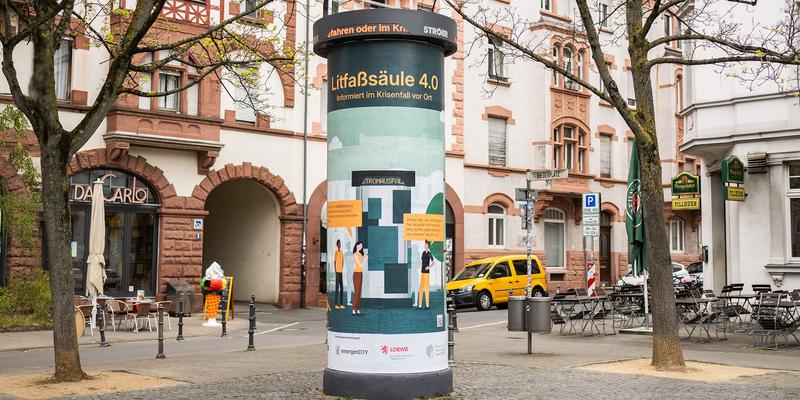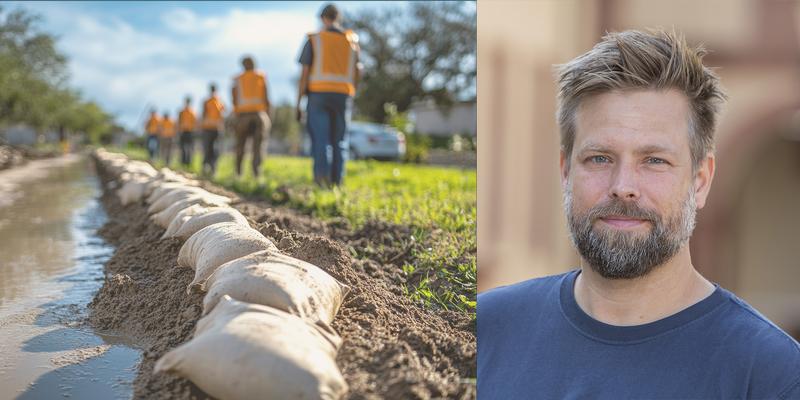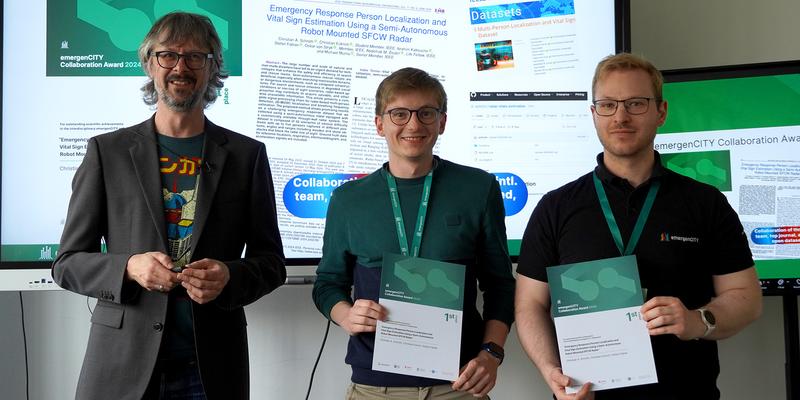emergenCITY cross-sectional mission works on the design of a knowledge base
Information can become the key aspect in a crisis – especially in an eventful urban context. Immense amounts of data on digital cities and past crises are accessible and more information can be collected every day. Together, they can provide new angles for preventive approaches and acute strategies in upcoming critical situations. But how can such data be made available in a resilient, secure and accessible way?
The emergenCITY cross-sectional mission Knowledge Base has set itself the goal of developing a platform that, on the one hand, collects a wide variety of digital information from all areas of a city via diverse sensors and, on the other hand, provides this information together with existing information in a clear and sensibly networked form. This includes, for example, data from water, energy and communication networks. This platform – the knowledge base – will be used to store, process, share and access a large amount of data – from historical information to real-time data. The aim is to facilitate the retrieval and exchange of information from different areas of the city and to structure it in a clear and selective manner.
This is because the efficient sharing of information can be useful, especially in the case of critical events, in order to understand the prevailing situation, to identify causes and to facilitate decisions, making them reproducible and comprehensible. However, the increased volume of information in such crisis situations quickly becomes confusing and must therefore be tailored to the needs of the users, for example first responders, without overwhelming them, so that fast and efficient help is possible. Collected data must not only be made available, but also processed in a way that can be interpreted, while at the same time protecting the privacy of the city’s inhabitants.
Of course, one of the basic prerequisites for such a project is that the knowledge base as a platform is itself resiliently designed and can maintain its functionality even in the event of a crisis with limited technical resources. Its architecture is therefore decentralised and robust. Currently, the research mission is working on a functional example of such a knowledge base using existing platforms and testing it in application examples. Data collection via multiple sensors in the city, such as from intelligent light poles, as well as the connection of mobile agents, such as robots – especially in crisis and disaster scenarios – are also part of the research work.
In addition to the technical challenges, the interdisciplinary team, consisting of researchers from the fields of computer science, engineering, law and history, also takes spatial-social differences into account in order to avoid a purely technical conceptualization of the city. Rather, the dynamic needs of the diverse urban population are at the center of interest for the conception of the platform.



